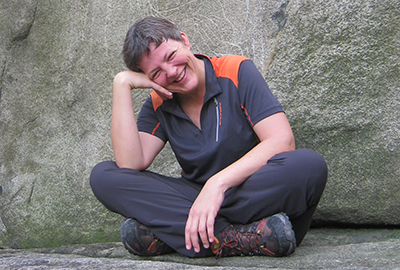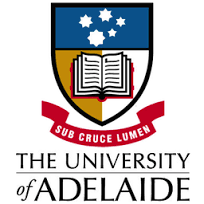traditional Chinese medicine
See the following -
Is the 2015 Nobel Prize a turning point for traditional Chinese medicine?
 So the Nobel Prize is not only acknowledging this complete transformation of a Chinese herb through modern biomedical science into something powerfully efficacious, but also the millions of lives saved because of its successful application worldwide, particularly in the developing world. But there’s something else that marks Tu as extraordinary vis-à-vis both her two fellow Nobel Laureates for medicine, William C Campbell and Satoshi Ōmura, and her more Western medically oriented colleagues in pharmacology. She embodies, in both her history and her research, what I call medical bilingualism – the ability not only to read in two different medical languages but to understand their different histories, conceptual differences, and, most importantly for this unexpected news, potential value for therapeutic interventions in the present.
So the Nobel Prize is not only acknowledging this complete transformation of a Chinese herb through modern biomedical science into something powerfully efficacious, but also the millions of lives saved because of its successful application worldwide, particularly in the developing world. But there’s something else that marks Tu as extraordinary vis-à-vis both her two fellow Nobel Laureates for medicine, William C Campbell and Satoshi Ōmura, and her more Western medically oriented colleagues in pharmacology. She embodies, in both her history and her research, what I call medical bilingualism – the ability not only to read in two different medical languages but to understand their different histories, conceptual differences, and, most importantly for this unexpected news, potential value for therapeutic interventions in the present.
- Login to post comments
Study Shows How Traditional Chinese Medicines Kill Cancer Cells
 Researchers at the University of Adelaide have shown how a complex mix of plant compounds derived from ancient clinical practice in China - a Traditional Chinese Medicine - works to kill cancer cells. Compound kushen injection (CKI) is approved for use in China to treat various cancer tumours, usually as an adjunct to western chemotherapy - but how it works has not been known. This study, published in the journal Oncotarget, is one of the first to characterise the molecular action of a Traditional Chinese Medicine rather than breaking it down to its constituent parts...
Researchers at the University of Adelaide have shown how a complex mix of plant compounds derived from ancient clinical practice in China - a Traditional Chinese Medicine - works to kill cancer cells. Compound kushen injection (CKI) is approved for use in China to treat various cancer tumours, usually as an adjunct to western chemotherapy - but how it works has not been known. This study, published in the journal Oncotarget, is one of the first to characterise the molecular action of a Traditional Chinese Medicine rather than breaking it down to its constituent parts...
- Login to post comments